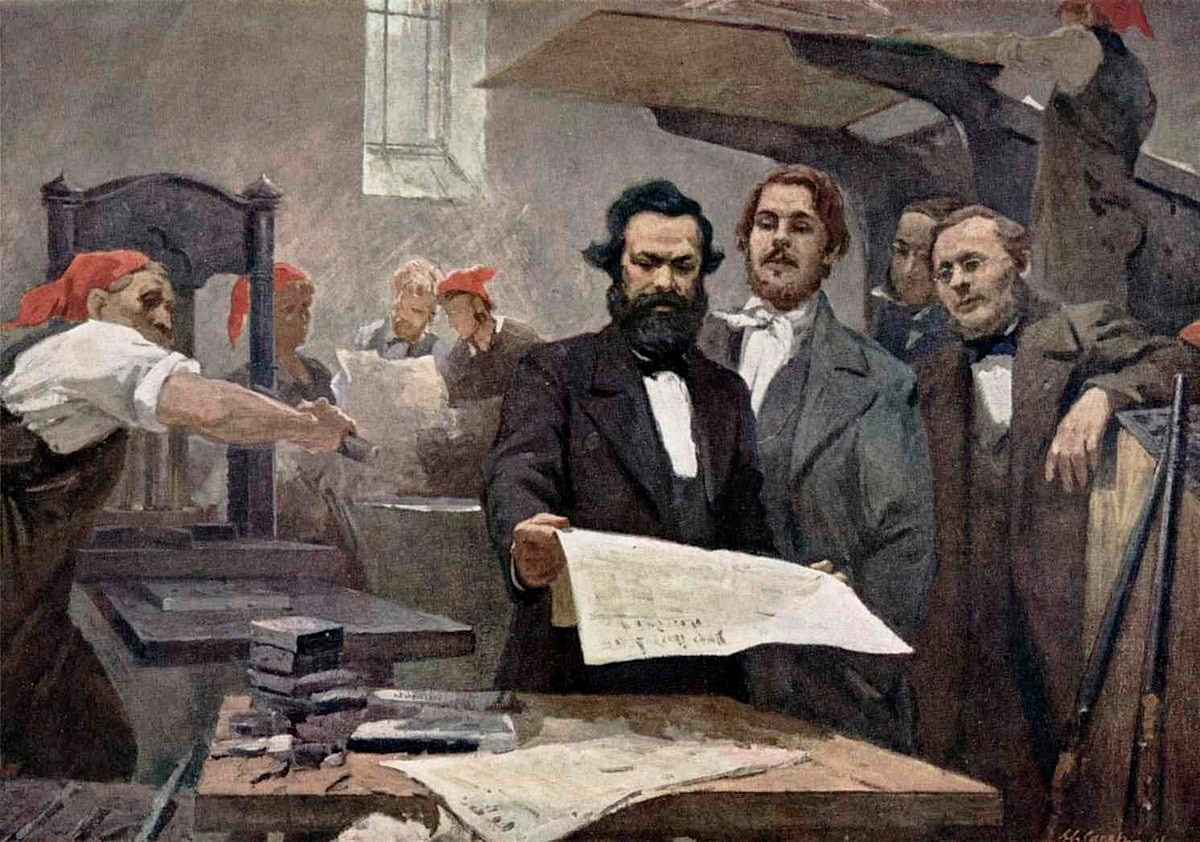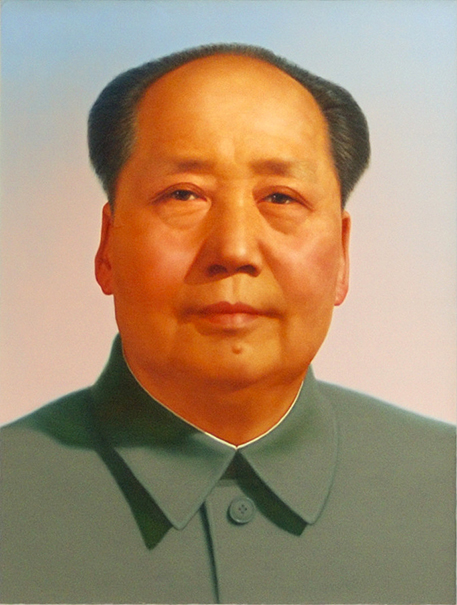More languages
More actions
No edit summary |
m (bold) |
||
| (3 intermediate revisions by 2 users not shown) | |||
| Line 6: | Line 6: | ||
'''Marxism''' is a scientific worldview and school of thought first developed by [[Marx|Karl Marx]] and [[Engels|Friedrich Engels]] in the mid 1800s. | '''Marxism''' is a scientific worldview and school of thought first developed by [[Marx|Karl Marx]] and [[Engels|Friedrich Engels]] in the mid 1800s. | ||
Marxism as a framework contains three components: the philosophical side (dialectical materialism), the economic theory (labour theory of value), and the political analysis (class struggle). Used together, Marxism becomes a very powerful tool with which to analyze the world and the [[contradictions]] inherently present in capitalism that inevitably create the foundations for [[socialism]] and then [[communism]]. | Marxism as a framework contains three components: '''the philosophical side''' (dialectical materialism), '''the economic theory''' (labour theory of value), and '''the political analysis''' (class struggle). Used together, Marxism becomes a very powerful tool with which to analyze the world and the [[contradictions]] inherently present in capitalism that inevitably create the foundations for [[socialism]] and then [[communism]]. | ||
Marx and Engels themselves did not invent socialism, as several theorists had already coined the term and used it. However, these thinkers lacked a grounded framework with which to advocate for socialism and bring it about in society, and became known as [[utopian socialism|utopian socialists]]. Marxism instead analyzes the world through its three components and, due to this methodic approach, became known as [[scientific socialism]]. | Marx and Engels themselves did not invent socialism, as several theorists had already coined the term and used it. However, these thinkers lacked a grounded framework with which to advocate for socialism and bring it about in society, and became known as [[utopian socialism|utopian socialists]]. Marxism instead analyzes the world through its three components and, due to this methodic approach, became known as [[scientific socialism]]. | ||
| Line 96: | Line 96: | ||
Sorted by date of proclamation: | Sorted by date of proclamation: | ||
=== Former Existing Socialism === | === Former Existing Socialism === | ||
* {{flagicon|Flag of the Soviet Union (1955-1991).svg}} [[Soviet | * {{flagicon|Flag of the Soviet Union (1955-1991).svg}} [[Union of Soviet Socialist Republics]] | ||
* {{flagicon|Mongolian People's Republic Flag.png}} [[Mongolian People's Republic]] | * {{flagicon|Mongolian People's Republic Flag.png}} [[Mongolian People's Republic]] | ||
* {{flagicon|Yugoslav flag.png}} [[Socialist Federal Republic of Yugoslavia]] | * {{flagicon|Yugoslav flag.png}} [[Socialist Federal Republic of Yugoslavia]] | ||
| Line 108: | Line 108: | ||
* {{flagicon|Flag of South Yemen.svg}} [[People's Democratic Republic of Yemen]] | * {{flagicon|Flag of South Yemen.svg}} [[People's Democratic Republic of Yemen]] | ||
* {{flagicon|Flag of Angola.svg}} [[Republic of Angola]] | * {{flagicon|Flag of Angola.svg}} [[Republic of Angola]] | ||
* [[People's Republic of Mozambique]] | * {{flagicon|Flag of Mozambique (1975–1983) (16-9).svg.png}} [[People's Republic of Mozambique]] | ||
=== Currently Existing Socialism === | === Currently Existing Socialism === | ||
| Line 115: | Line 115: | ||
* {{flagicon|Flag_of_the_People's_Republic_of_China.svg}} [[People's Republic of China]] | * {{flagicon|Flag_of_the_People's_Republic_of_China.svg}} [[People's Republic of China]] | ||
* {{flagicon|Flag_of_Cuba.svg}} [[Republic of Cuba]] | * {{flagicon|Flag_of_Cuba.svg}} [[Republic of Cuba]] | ||
* {{flagicon|Flag_of_Laos.svg}} [[Lao People's Democratic Republic]] | * {{flagicon|Flag_of_Laos.svg}} [[Lao People's Democratic Republic]] | ||
* {{flagicon|Flag_of_Vietnam.svg}} [[Socialist Republic of Vietnam]] | * {{flagicon|Flag_of_Vietnam.svg}} [[Socialist Republic of Vietnam]]}} | ||
</div> | </div> | ||
Latest revision as of 08:25, 27 April 2024
Introduction
Marxism is a scientific worldview and school of thought first developed by Karl Marx and Friedrich Engels in the mid 1800s.
Marxism as a framework contains three components: the philosophical side (dialectical materialism), the economic theory (labour theory of value), and the political analysis (class struggle). Used together, Marxism becomes a very powerful tool with which to analyze the world and the contradictions inherently present in capitalism that inevitably create the foundations for socialism and then communism.
Marx and Engels themselves did not invent socialism, as several theorists had already coined the term and used it. However, these thinkers lacked a grounded framework with which to advocate for socialism and bring it about in society, and became known as utopian socialists. Marxism instead analyzes the world through its three components and, due to this methodic approach, became known as scientific socialism.
Since the 19th century, Marxism has then developed into several different currents of thought, such as Marxism-Leninism, Maoism or Mao Zedong Thought, Ho Chi Minh Thought and many others.
Concepts
Lenin wrote the three sources and components of Marxism to be:
Economics
Philosophy
Start here:
Then follow up with:
- Dialectical materialism
- Materialism
- Historical materialism
- And its opposite, Idealism
- Materialism
- Dialectics
- And its opposite, metaphysics
Library works
We recommend works from the most important theorists of communism:
People

There have been many important people to Marxism. Below, in alphabetical order, are some of them:
Historical gallery
Parties
| Part of a series on |
| Communist parties |
|---|
Countries
Sorted by date of proclamation:
Former Existing Socialism
 Union of Soviet Socialist Republics
Union of Soviet Socialist Republics Mongolian People's Republic
Mongolian People's Republic Socialist Federal Republic of Yugoslavia
Socialist Federal Republic of Yugoslavia People's Socialist Republic of Albania
People's Socialist Republic of Albania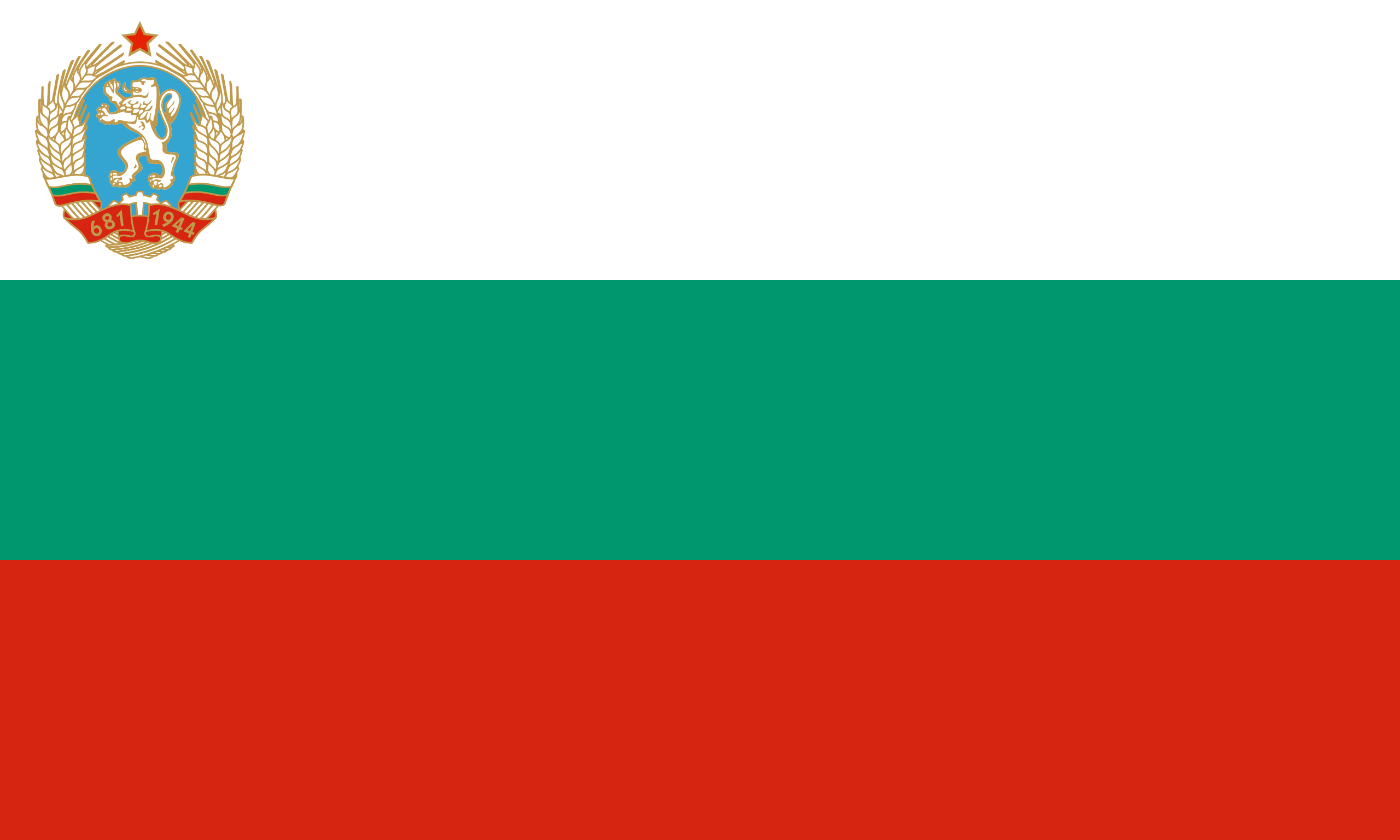 People's Republic of Bulgaria
People's Republic of Bulgaria Polish People's Republic
Polish People's Republic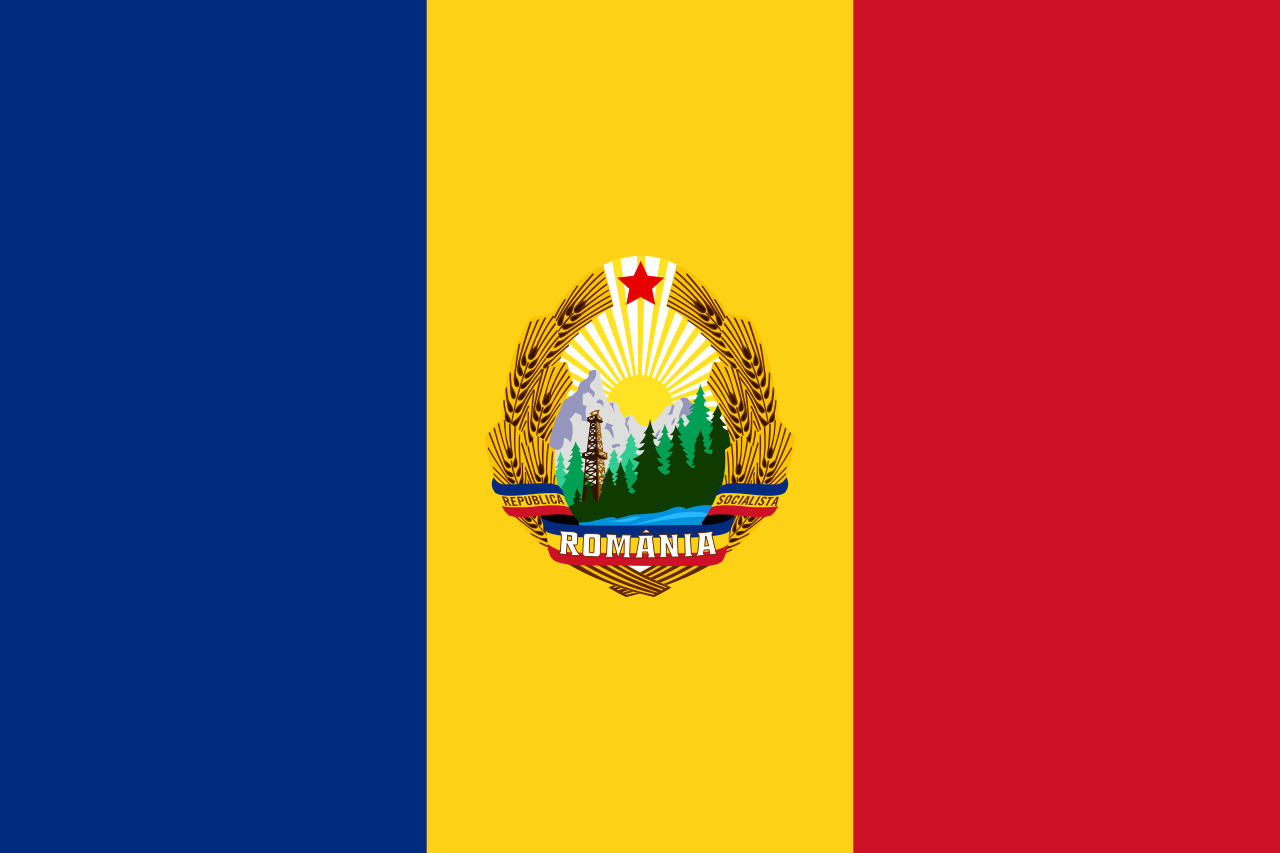 Socialist Republic of Romania
Socialist Republic of Romania Czechoslovak Socialist Republic
Czechoslovak Socialist Republic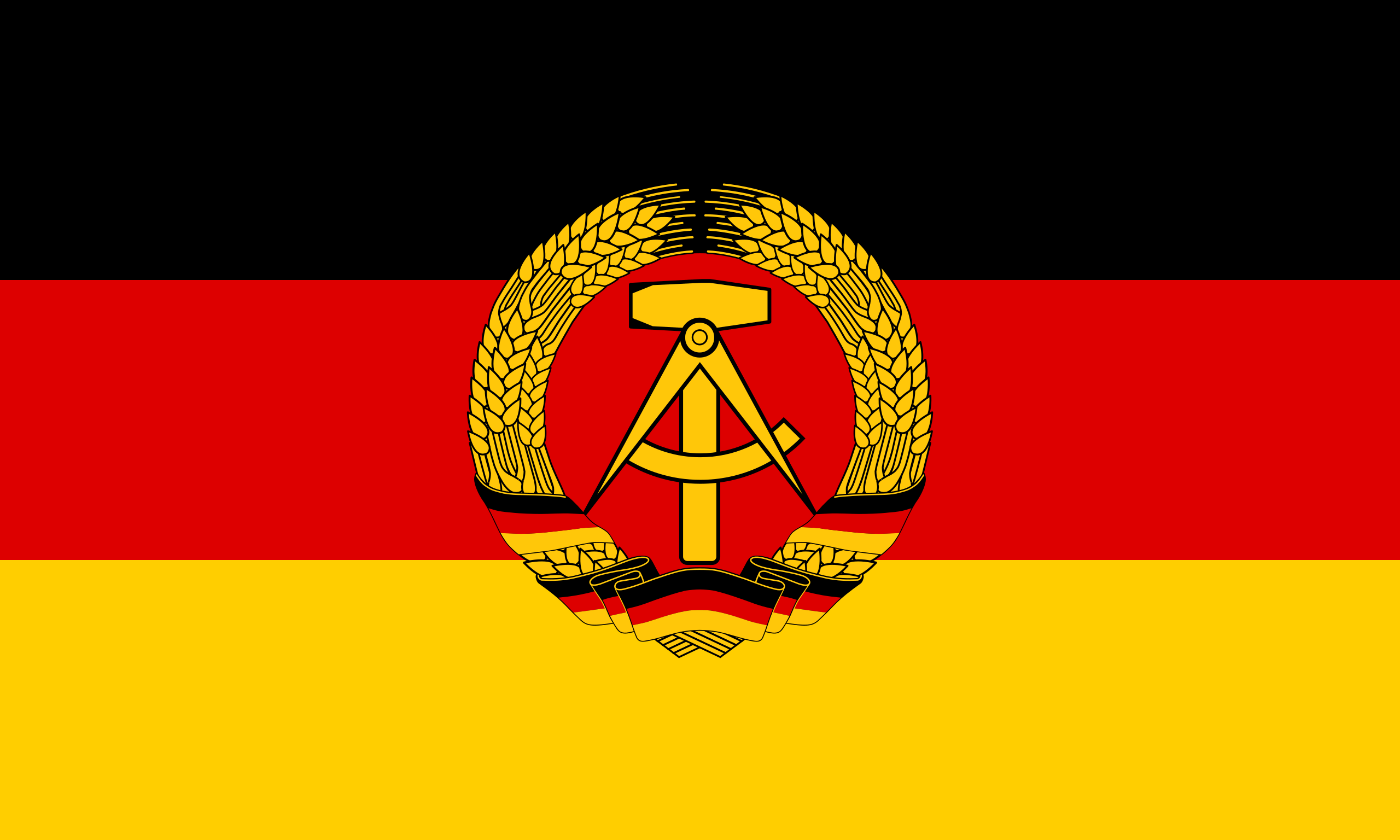 German Democratic Republic
German Democratic Republic Hungarian People's Republic
Hungarian People's Republic People's Democratic Republic of Yemen
People's Democratic Republic of Yemen Republic of Angola
Republic of Angola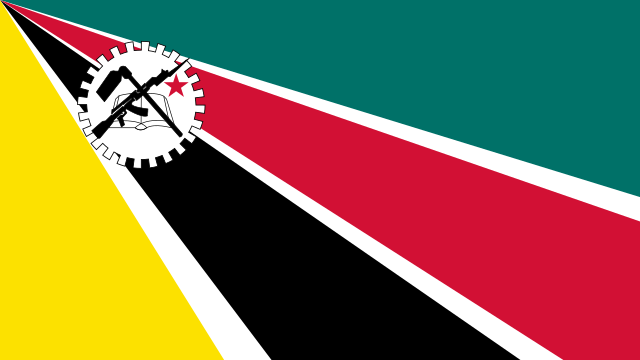 People's Republic of Mozambique
People's Republic of Mozambique

